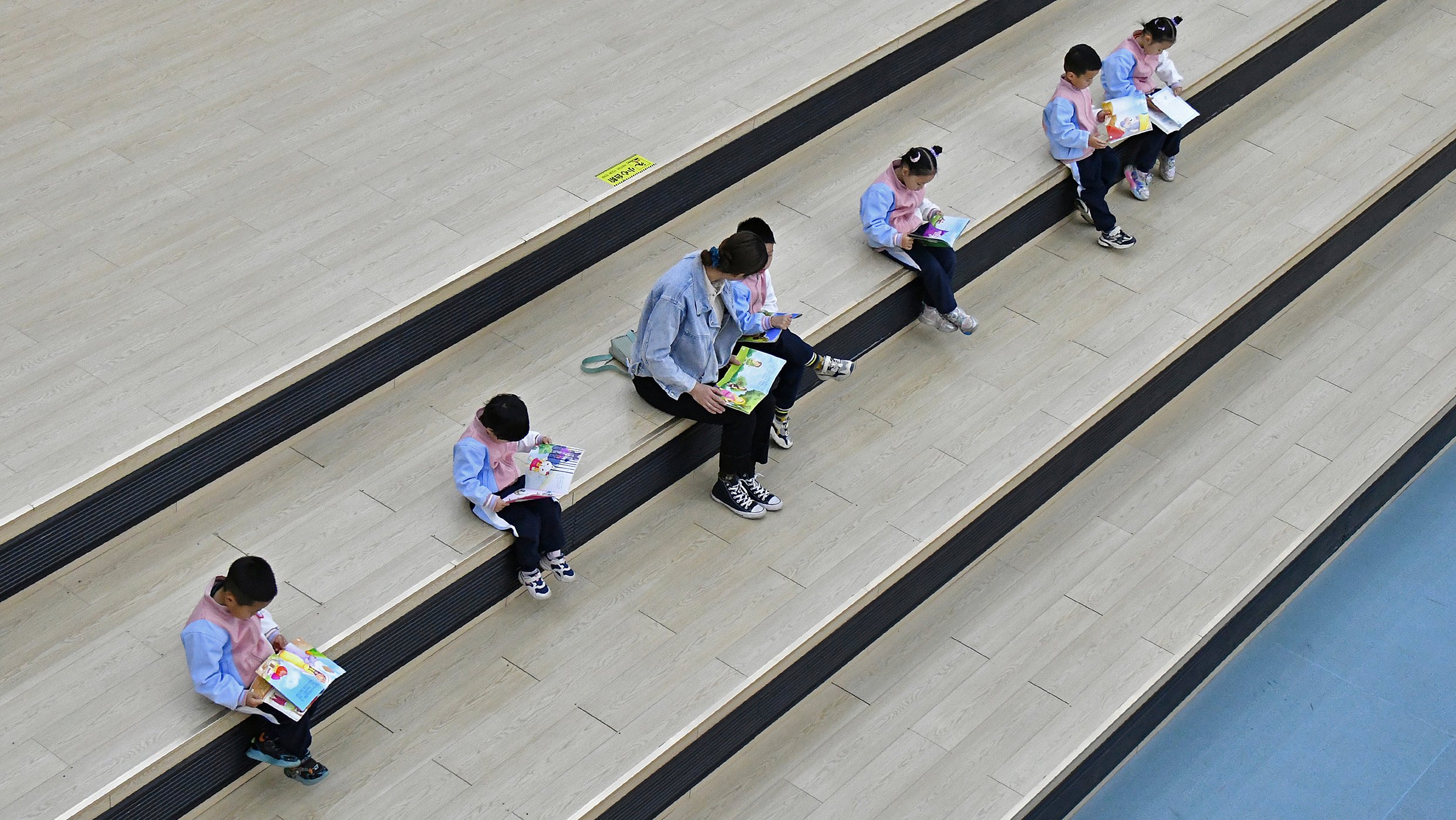In China’s increasingly competitive job market, a record number of university grads are delaying their entry into the workforce, choosing instead to continue their academic studies in graduate school. In response, graduate programs are becoming more selective.
New Oriental, one of China’s largest private education and tutoring companies for college students, found that the average acceptance rate for graduate programs in 2023 was one in six — a notable decrease from 2017’s one-in-four acceptance rate.
A big part of this change is due to the growing number of applicants.

The National Postgraduate Entrance Examination (NPEE) is required application material for graduate schools in China. According to state-run broadcaster CGTN, approximately 4.74 million people took the exam in 2023 — twice the 2.38 million who attended in 2018.
Higher education in China has become increasingly accessible, with more than 10 million people graduating from university in 2022 alone. As a result, many are starting to feel that a bachelor’s degree no longer guarantees a promising career in the current job market, especially after the pandemic.

Today, greater numbers of job postings require advanced degrees, and previously unpopular programs — like psychology, communications, and journalism — have become highly competitive in recent years.
Others are using graduate schools as a way to delay entering the workforce. Mingrui, a Chinese national and senior at New York University (NYU) Shanghai, says many of his friends are “postponing finding a job because they believe the job market and economy will be better in the future.”
Applying to graduate school can also be a way for students to re-attempt entry to top-tier universities, especially if their gaokao scores back in high school weren’t up to par.
China’s National College Entrance Examination, or gaokao, is a notoriously difficult test comparable to the SAT in the U.S. Now, though, some are starting to joke that the NPEE is becoming the new gaokao.
“Families used to be able to relax after their kids took the gaokao, but now, they also have to worry about postgraduate exams,” writes one Weibo user.
Cover image via VCG


















